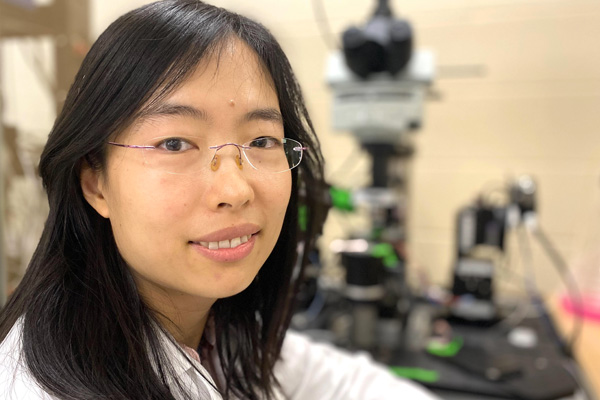GOOD LUCK ZIJUN –
Oct. 18, 2022 – “Drug addiction is not a moral failing,” said Wang, assistant professor of pharmacology & toxicology. “In terms of addiction, the reward pathway in the brain is hijacked by repeated drug exposure. Drug-induced structural changes result in many abnormal behaviors, including reduced inhibitory control that prevents someone from avoiding behaviors with negative consequences.”
The human genome consists of more than 3 billion base pairs of DNA, which contain more than 20,000 genes. This genetic material is used in complex biochemical processes in human cell function, development and replication. Wang said the genome is under attack from a variety of sources. Normally, the DNA repair process can overcome these attacks, but repeated drug exposure can disrupt this process, “changing gene expression, cell function and leading to abnormal drug addiction-related behaviors.”
Wang’s research focuses on the DNA break-and-repair processes disrupted by addiction. Ultimately, Wang said she aims to “help the genome maintain a normal or healthy environment in the cell and identify a potential therapy for these patients to prevent them from relapsing to drug use.”



